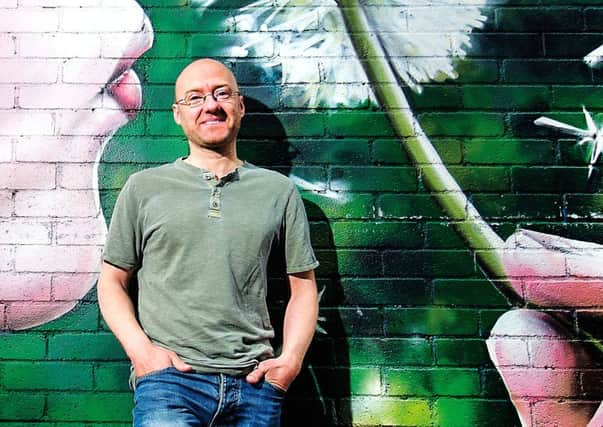Leader: Devil's in the detail of Holyrood horse-trading


A majority government is one that gets its own way on just about everything it wants in a one-house parliamentary system. That means it can make big decisions in controversial areas, like backing a referendum on independence, for example.
So the voting system for Holyrood, where checks and balances happen in committees and not in another chamber, was devised to make minority government, or coalition, more likely, and so far it has.
Advertisement
Hide AdAdvertisement
Hide AdThat should mean that bad laws and laws that don’t command at least some width of support do not get passed. That is meant to ensure fewer legislative shocks for the country.
But it also means there is a great deal of horse-trading to be done and it can put minority parties in a position of power beyond their size. The Green party in Holyrood won six seats on the list with 6.6 per cent of the list vote. But it is in a position of considerable power when it comes to having an influence on legislation. Patrick Harvie, the co-convener, believes he should be able to cut some deals.
As the only other independence-supporting party with seats in the parliament they might seem like natural allies for the SNP, but the parties are a long way apart on some other policies.
It is not just about voting down government policy or approving it. It will also be about trying to find compromises and agreements within policies, and that can be a very good thing for making better laws. But it can also have another effect. One of the examples Harvie uses is on Air Passenger Duty, where he wants it levied on “unnecessary flights”. But just how would “unnecessary” be decided? This is an example of where a major danger lies: that so many amendments are proposed and thrashed out in every detail in every bill that government slowly becomes paralysed by horse-trading. That has to be guarded against at all costs.
The Scottish play
An act of kindness: holding out a helping hand to the struggling artist
Unknown Act: “Weary with toil, I haste me to my bed.”
Festival Fringe enthusiast 1: “Yes, good night.”
Festival Fringe enthusiast 2: “I do wish he would stop speaking in Shakespeare lines. I mean I’m happy to put him up for nothing so he can bring his show here but it does get a bit wearing doesn’t it?”
Festival Fringe enthusiast 1: “But we are helping art and the Festival, we’re doing a good thing and getting to make a new friend.”
Unknown Act (from above): “But soft, what light through yonder window breaks?”
Edinburgh Festival Fringe enthusiasts 1 and 2 together: “That’s the street light. Like we said last night.”
[Close the curtains]